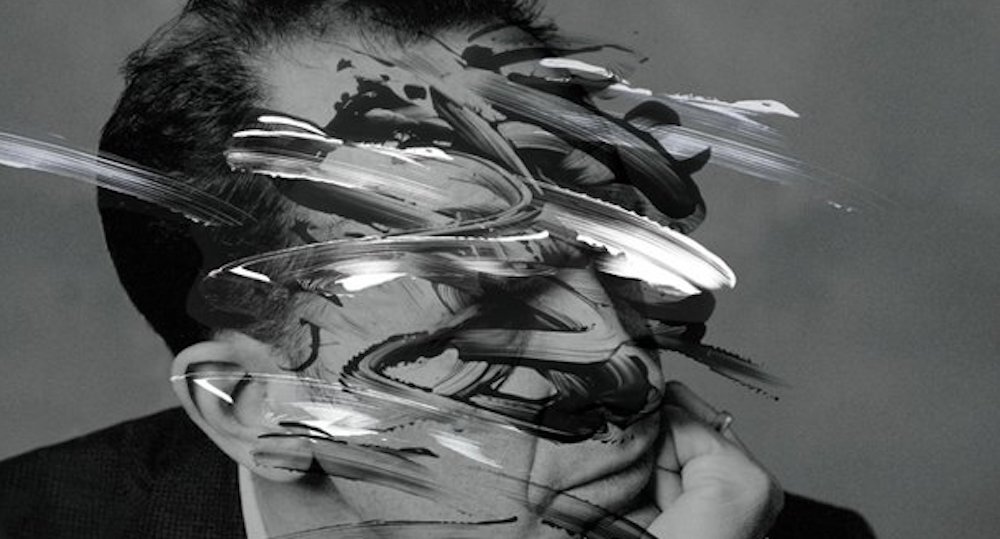Everyone here bites their nails. I first noticed this last Fall and the realization was at once troubling and consoling. Troubling, because this is a child’s bad habit; consoling, because at least I’m not the only one who hasn’t used clippers in years. I imagine the struggles of my fidgety companions to be similar to my own: I am ashamed of this practice and self-conscious about the public places I have chewed my hands; I would like to stop and have tried a few times with only short-term success; I have discovered that my nails grow longest when I am on vacation and away from the worries of my world. What are such worries? Why all this seminary anxiety?
Login to read more
Sign in or create a free account to access Subscriber-only content.
Topics:
